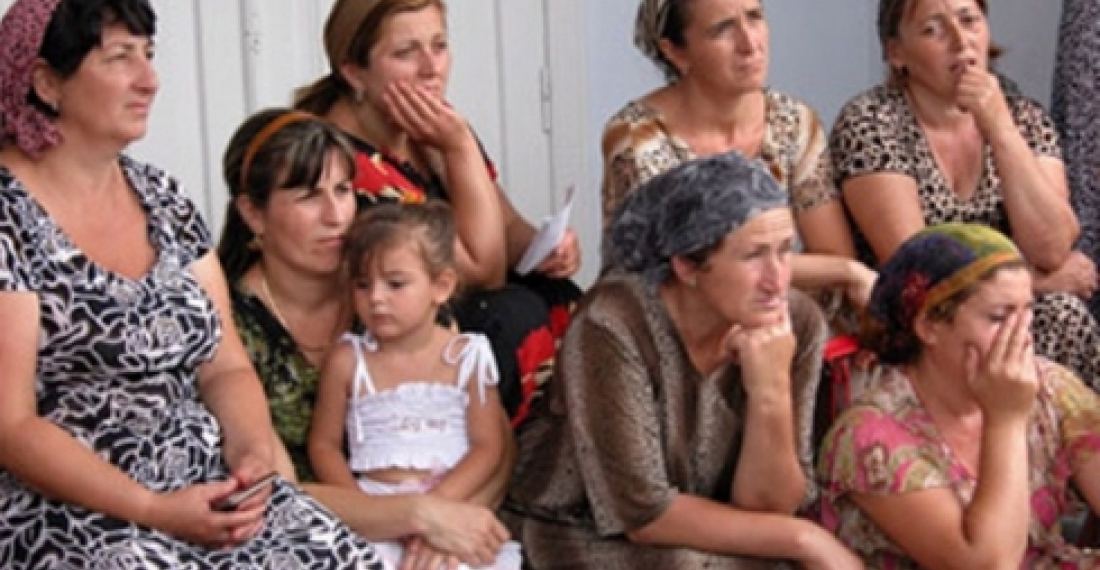8 March is celebrated in the Caucasus and many other countries, particularly in the former Soviet space, as International Women's Day. Traditionally men bring flowers and chocolates to their women family members, and to their colleagues at work.
8 March however needs also to be an opportunity to focus on the rights of women, on the problems that they still face in many areas of life in different parts of the Caucasus and on their important, and as yet not fully realised role, in the development of the future of the countries of the region. Many consider that a bigger role for women is essential for the promotion of the peaceful resolution of the conflicts in the region. Organisations such as the Swedish ngo Kvina til Kvina are active in the region promoting dialogue between women activists from across the conflcit divide.
On the occasion of International Women's Day 2012, the International Committee of the Red Cross (ICRC) is calling for more action to help the mothers and wives of people who have gone missing during armed conflict. The vast majority of people who go missing in connection with conflict are men. As well as the anguish of not knowing what has happened to the missing person, many of these women face economic and practical difficulties. The ICRC underlines the duty of parties to a conflict to search for the missing and provide information for the families. This problem is particular serious in the Caucasus where thousands of missing persons from the conflicts of the last twenty five years remain unaccounted for.
In a message for International Women's Day the London based organisation LINKS said that there is a need to empower women within the political processes in the Caucasus. Very few women hold positions of responsibility, or are members of Parliament, or hold senior positions in the political parties in the region, even though parties claim a high percentage of women members. LINKS called for more women to be elected in the parliaments in the three South Caucasus countries in elections scheduled for the coming two years. Women traditionally play an important and decisive role in Caucasian society but this role now needs to translate itself in political power said the LINKS statement.
The United Nations theme for International Women’s Day 2012 is Empower Women – End Hunger and Poverty.
The Editorial team of commonspace.eu extends its best wishes to all the women of the Caucasus on the ocassion of International Women's Day 2012.
source: commonspace.eu
photo: Chechen women at a training event organised by the European Humanitarian Office shortly after the conflict in Chechnya (archive picture courtesy of the European Union).







